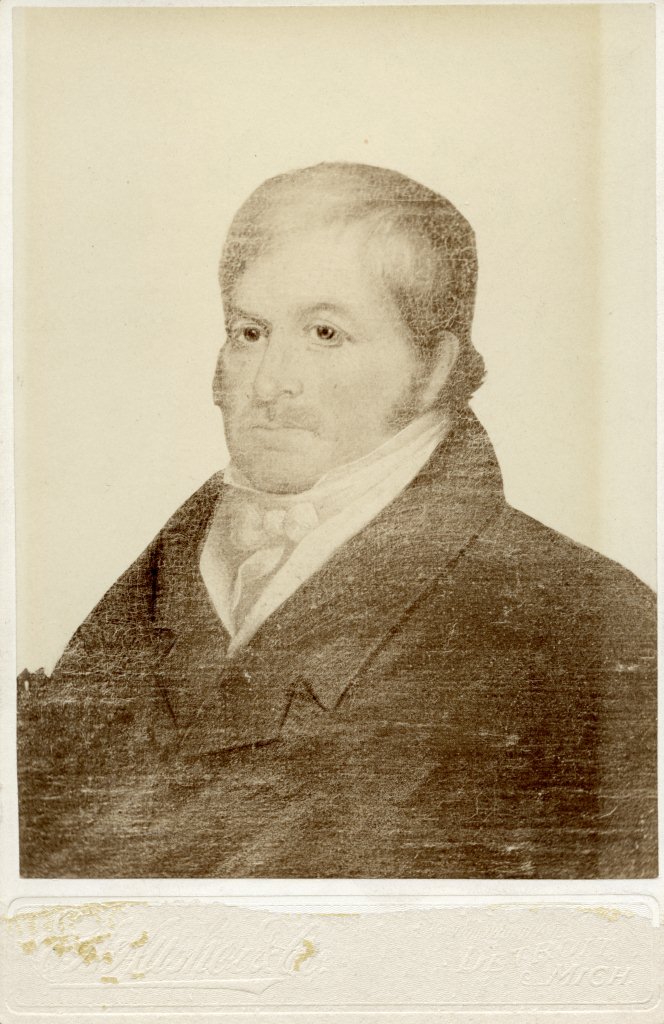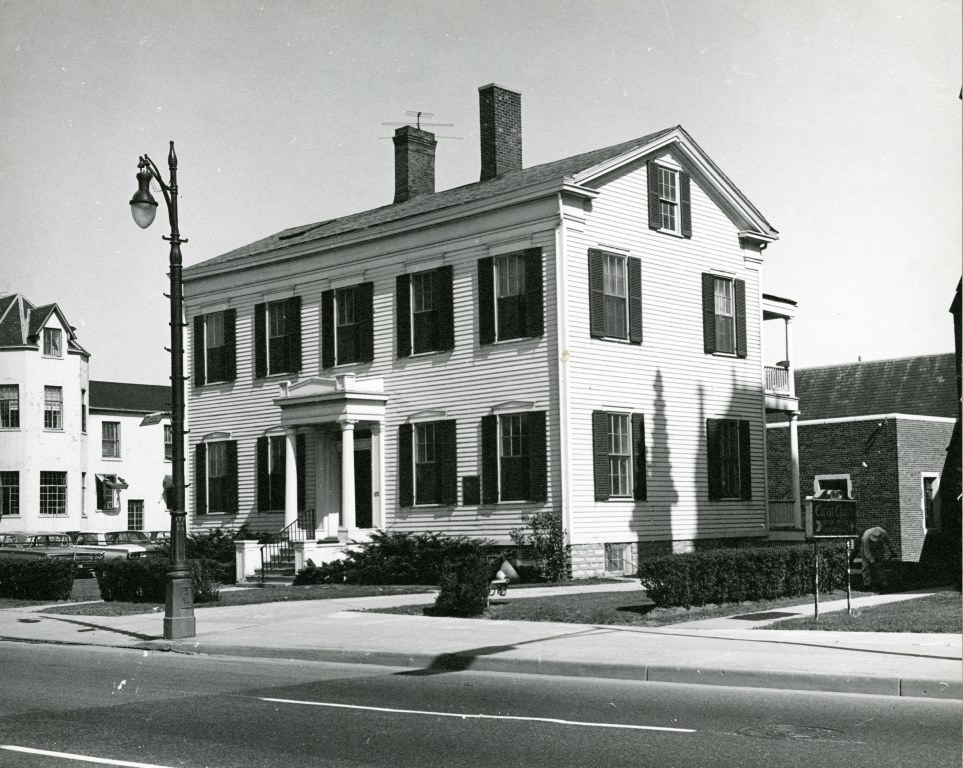Solomon Sibley and the 1798 Northwest Territory Election
The present day media hype about elections may be something that we are used to now, but in the past elections weren’t always about big campaigns and ballot proposals. In the late 1700’s, the population of the Northwest Territory (containing what is now Michigan), grew enough to warrant the creation of a territorial legislature. In 1798 Detroit held an election for a delegate to the newly-formed legislature. Unlike today’s elections, voting took place over three days – December 17, 18, and 19 - and the polling place was John Dodemead’s Detroit tavern. Ballots weren’t a secret either. Each voter announced his candidate choice out loud. The candidates were James May, who was supported by the British residents, and Solomon Sibley, a Massachusetts native who was supported by the Americans and French. May accused Sibley of buying the election by passing out liquor to the voters and arming soldiers with clubs, who threatened to beat anyone who voted for May. Despite these accusations, Solomon Sibley immerged victorious.
Solomon Sibley later went on to become Detroit’s first mayor in 1806 and served as Chief Justice of the Michigan Territorial Supreme Court from 1827 until his retirement in 1837. He is best remembered today by his family’s 1848 house on E Jefferson Avenue, which now serves as the rectory of Christ Church Detroit. Sibley died two years before the house was completed. - Kelly Kietur, Wayne State University Graduate Student



